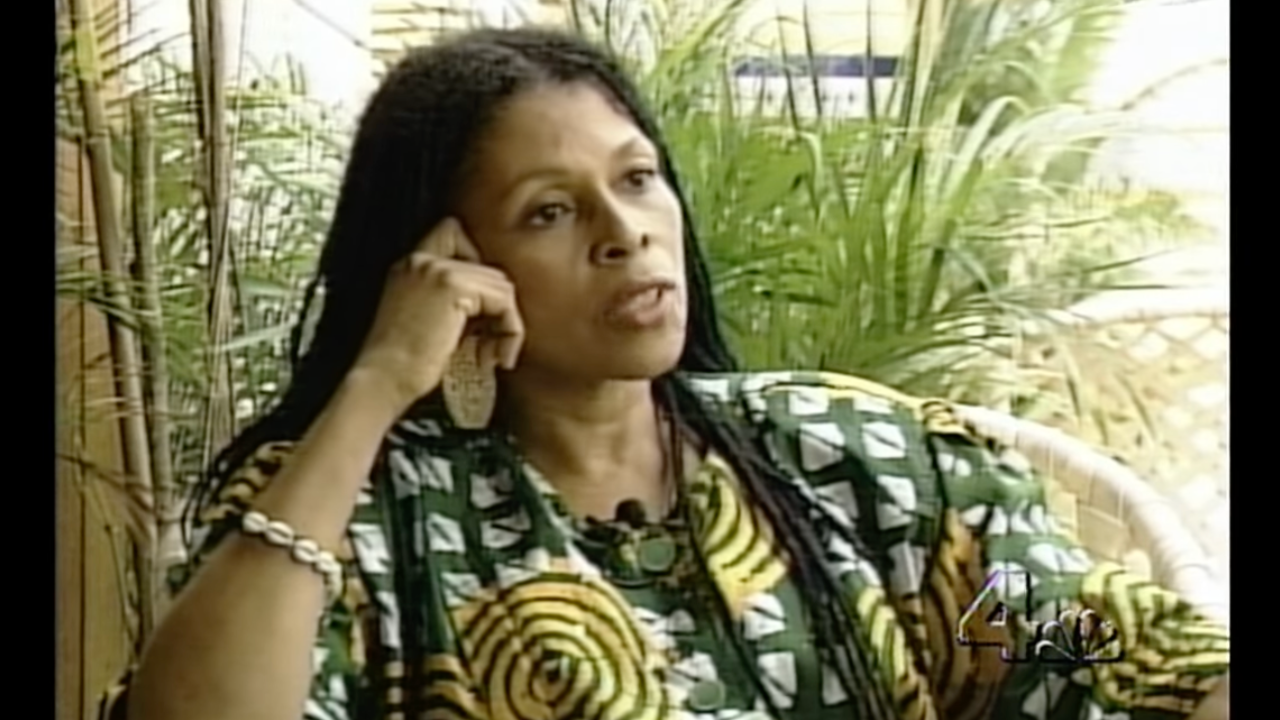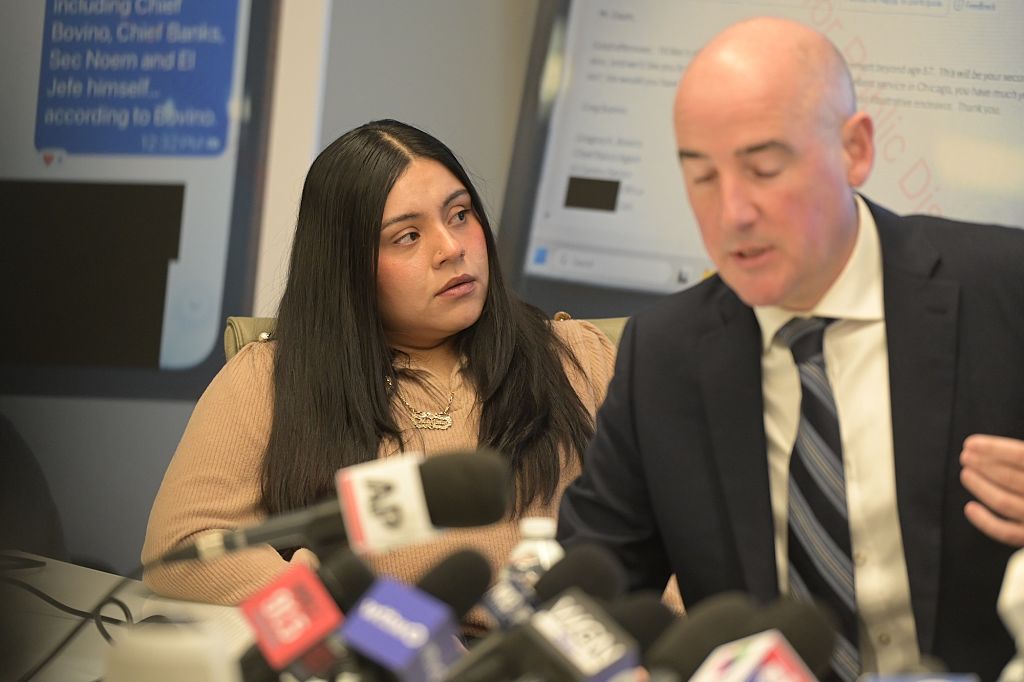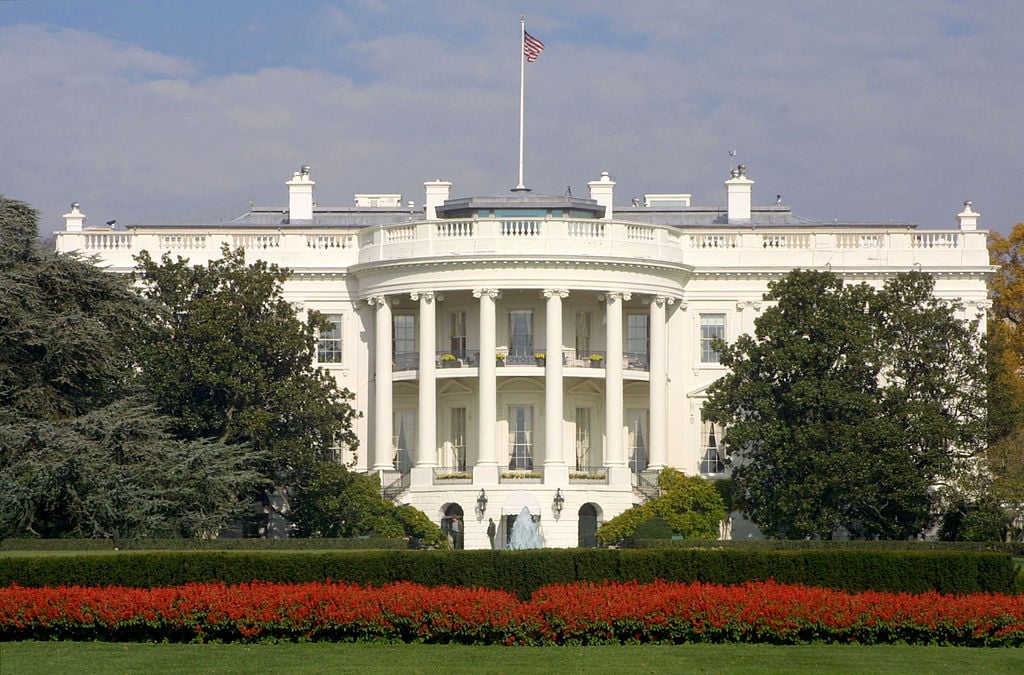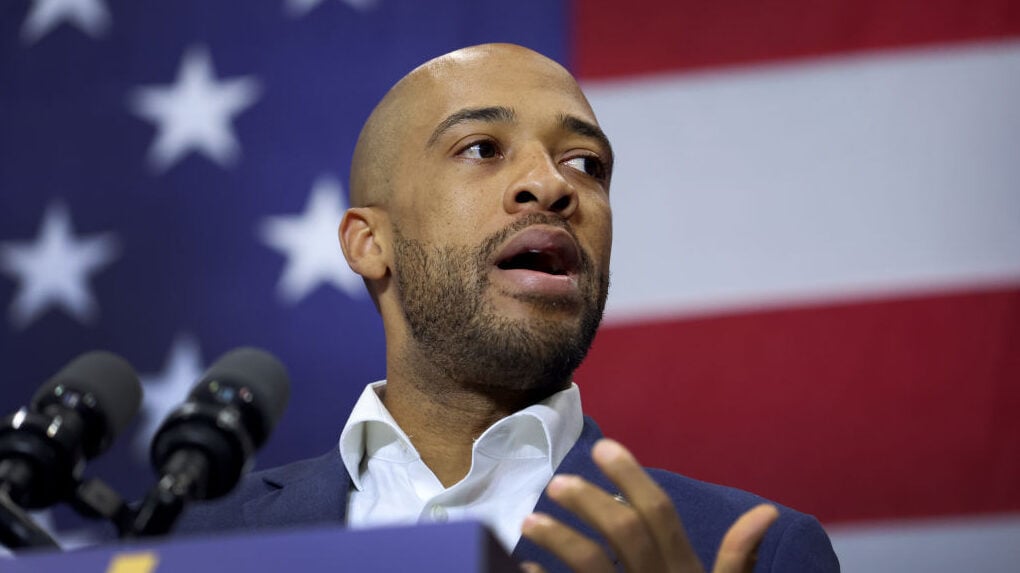Political activist Assata Shakur confirmed dead at 78 by Cuban officials

Assata Olugbala Shakur, born JoAnne Deborah Byron, died on September 25, 2025, per Cuba’s Ministry of Foreign Affairs.
Political activist Assata Shakur, born Joanne Deborah Byron, and also known as Joanne Chesimard, has died at 78 years old.
Shakur reportedly died in Havana, Cuba, on Thursday, September 25, 2025, due to health conditions and her age, according to a statement released by the Cuban Ministry of Foreign Affairs.
“On September 25, 2025, U.S. citizen Joanne Deborah Byron, “Assata Shakur”, died in Havana, Cuba, as a result of health ailments and her advanced age,” the statement read on the government’s website.
Her daughter, Kakuya Shakur, later confirmed the news on Facebook, sharing: “At approximately 1:15 PM on September 25th, my mother, Assata Shakur, took her last earthly breath. Words cannot describe the depth of loss that I am feeling at this time. I want to thank you for your loving prayers that continue to anchor me in the strength that i need in this moment. My spirit is overflowing in unison with all of you who are grieving with me at this time.”
Born JoAnne Deborah Bryon on July 16, 1947, in Queens, N.Y., Shakur spent her early childhood in Wilmington, N.C., before returning north. Like many young Black students coming of age in the 1960s, she was radicalized by the civil rights and anti-war movements. At City College of New York, she met fellow activist Louis Chesimard, whom she later married and divorced.
After graduation, she moved to Oakland, Calif., and joined the Black Panther Party before breaking ties in 1971. Shakur went on to join the Black Liberation Army, a Black nationalist militant organization that operated in the U.S. from 1970 to 1981.
Her life changed in 1973 after a shootout on the New Jersey Turnpike left State Trooper Werner Foerster and fellow B.L.A. member Zayd Malik Shakur dead. Shakur, wounded during the incident, was arrested and convicted in Foerster’s death. Shakur escaped the Clinton Correctional Facility for Women in 1979 with the help of allies and later surfaced in Cuba, where Fidel Castro’s government granted her political asylum. She would spend the rest of her life there, living largely out of the public eye but occasionally granting interviews and sharing reflections on struggle and survival. Through the years, she maintained her innocence.
“It was such an unfair trial, by an all white jury,” Shakur told NBC News in a 1998 interview, revealing why she fled to Cuba. “I’m afraid that they might assassinate me. They might try to kidnap me because these people will stop at nothing.”
To law enforcement, she remained a fugitive. In 2013, she became the first woman ever placed on the FBI’s Most Wanted Terrorists list, with a $2 million reward for her capture.
“People have the right to free themselves from oppression by whatever means they deem possible,” Shakur said.
Among activists, Shakur’s name became shorthand for resilience and radical possibility. With the release of her 1987 memoir, “Assata: An Autobiography,” she transformed her personal story of struggle, imprisonment, and escape into a roadmap for liberation. Her work reverberated far beyond its pages, shaping political thoughts and movements for future generations, including the Black Lives Matter movement.
Though she lived in exile, her influence coursed through movements and culture alike, affirming the power of Black resistance, survival, and imagination.
Shakur is survived by her daughter, Kakuya Shakur, and extended family.
What's Your Reaction?
 Like
0
Like
0
 Dislike
0
Dislike
0
 Love
0
Love
0
 Funny
0
Funny
0
 Angry
0
Angry
0
 Sad
0
Sad
0
 Wow
0
Wow
0
































